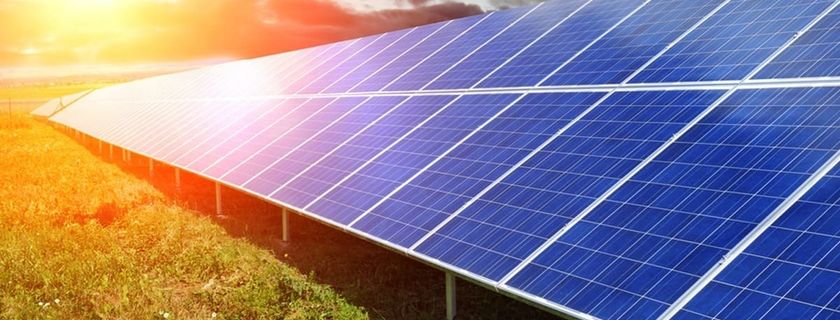
CIRCUSOL: Solar power business models towards a circular economy in Europe (PRESS RELEASE)
CIRCUSOL: Solar power business models towards a circular economy in…

The Norwegian solar energy cluster invited CIRCUSOL to a webinar on 15 April 2021 in which Tom Rommens, the coordinator of CIRCUSOL presented the work done in the project.
What does the circular economy mean in the solar energy industry? Even though solar energy is emission-free and involves little encroachment on nature in Norway, solar panels must also be produced, and in a few decades, the projects we are building today will be a waste. It is a special challenge for the solar energy industry that waste streams are so far in the future. Further, than mobile phones, but also further than e.g. electric car batteries. Maybe a plant will stand for 20-40 years, and even then there may be room for a second-hand market. Most players in the industry exist shorter than the products they deliver will last. How to contribute to the circular economy may be unclear to many. At the same time, we have players in Norway who produce constituents in solar cells. How do they contribute to the circular economy and can European production contribute to more circular business models?
Tom Rommens, VITO, project coordinator for the CIRCUSOL project.
Sean Erik Foss, Head of Solar Energy at IFE. IFE has received support for the Circle PV project for the opportunities to develop circular value chains for solar energy.
Trude Nysæter, head of sustainability at REC: What does the circular economy in solar energy look like, from the perspective of a Norwegian raw material producer? Can manufacturers in Europe contribute to the circular economy?
Tord Dale, Head of Sustainability at Virke. Can the solar energy industry learn from other industries? How can consumers be drivers? And what must one think about in production to make the circular economy possible?
SEE CIRCUSOL PRESENTATION HERE


CIRCUSOL: Solar power business models towards a circular economy in…